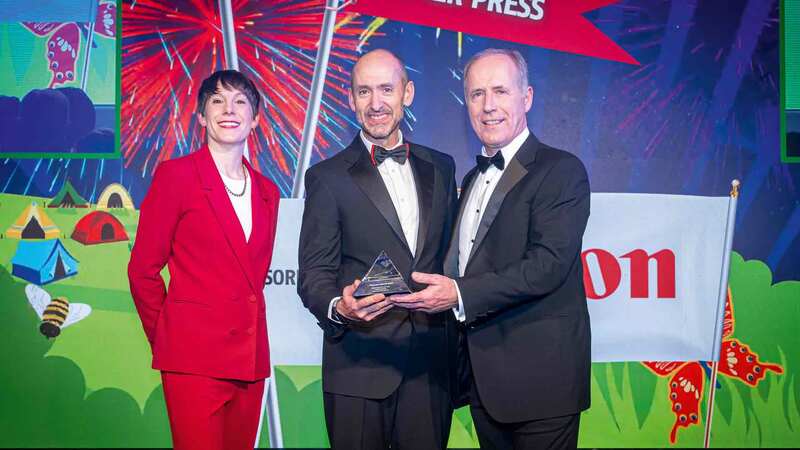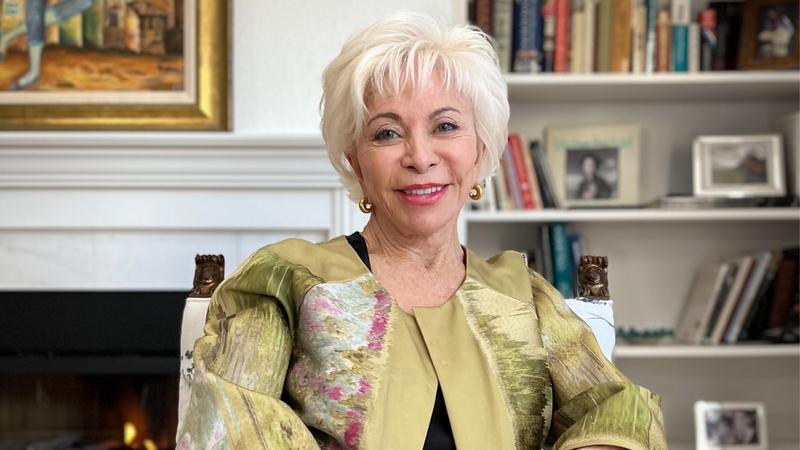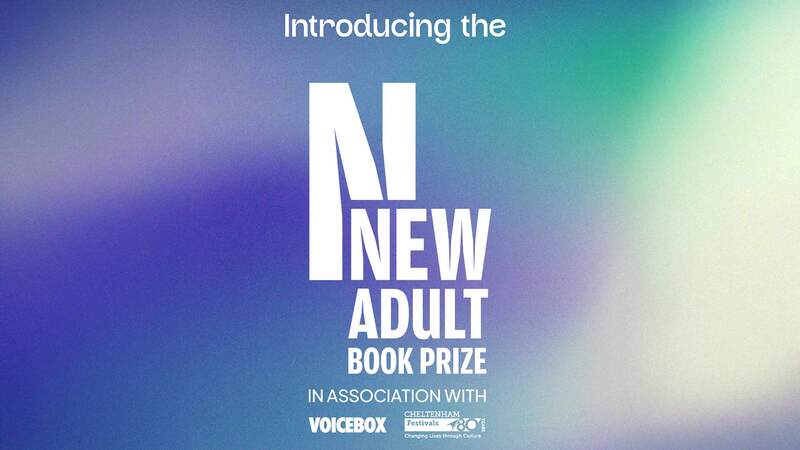You are viewing your 1 free article this month. Login to read more articles.
Over 80% concerned about book trade's gender pay gap
An overwhelming 84% of people responding to a Bookseller survey have revealed that they are concerned by their company’s gender pay gap report, with just over half dissatisfied with their firm’s plans to tackle it.
The findings are taken from an online survey of 133 people conducted by The Bookseller from Wednesday 28th March to Tuesday 3rd April, asking employees for their views on their company’s gender pay gap revelations, with the majority angered by gender pay gaps in hourly and bonus pay.
Many of the 87% of women and 11% of men (2% “Other”) who completed the survey used words such as “furious”, “sick”, “disappointed, cheated and outraged” to describe how they were feeling about the data. However, others said they were proud and optimistic about their company’s commitment to change, while one dismissed the findings as “pointless data that doesn’t prove a thing”.
Most of the responses came from trade publishers (56%), with almost a third coming from of academic publishers (29%) and 8% from retailers. Most were mid-level employees (58%), with a quarter of responses coming from junior staff (24%) and 18% from those in senior roles. In total, 84% said they were concerned about their companies’ gender pay gaps and 58% revealed dissatisfaction with how their employer plans to address it.
The disproportionate number of men to women occupying the highest pay quartile in senior positions across the industry was the overriding concern for many respondents, viewed as particularly aggravating given that women tend to dominate the majority of the lower pay quartiles, and make up the majority of the sector’s workforce overall.
Many believed there is an “Old Boys’ Club” mentality across the industry, along with a “historical legacy” of men dominating the senior levels.
Women being unfairly affected by maternity leave was a frequent cause for concern for many commenters, and a large number called for greater transparency in businesses on what colleagues are earning.
However, despite the overwhelming frustration and anger among the majority who responded, others said they were feeling upbeat about their company’s plans to tackle the gap. One Hachette employee said they were “proud” of the company’s “honesty and how seriously it is taking it” after the firm reported a median 24.7% gap for its Hachette UK legal entity (–1.32% for the Group).
Communicating results
But how the data was communicated to staff also came up as a source of resentment for some, who said their companies had presented the results without explanation or apology. One senior academic publisher criticised the “casual way this is being spun and the message given that this is only because more women occupy more junior positions... It requires concerted focus and attention to resolve”.
Another senior academic publisher said “it makes me sick to my stomach and it’s not being talked about internally”, while another described the HR director as “being invisible” since the results were released.
Others revealed suspicion about how the company’s structure might skew its pay gap results. For example, Penguin Random House, HarperCollins and Pan Macmillan all reported data for their whole group, including distribution arms, and did not break out the publishing operation separately. “The pay gap for my company appeared to be in women’s favour but as they included the company’s distribution arm—and thus included a number of low-paid men—this altered the results,” one trade publisher employee said.
The bonus culture was also criticised by many, with some suggesting there should be an “overhaul” of the system. One mid-level retail employee said: “The data really beautifully illustrates the ‘Old Boys’ Club’ situation in the upper management.”
Meanwhile, many perceived men to be “parachuted” into senior roles from other industries and “promoted far, far faster than women” while their female counterparts struggle to rise through the ranks, which many respondents also said was less likely to happen while on, or shortly after, taking maternity leave. This was attributed partly to a “fetishisation” of men in publishing, a trade “where women tend to be more common, so men are paid comparatively more to ‘tempt’ them into the industry”.
Senior-level appointments
“Men are promoted or brought in at the most senior level and awarded big bonuses when the company performs well, while women often take part-time roles after maternity leave, then aren’t developing their career or getting full-time senior bonuses,” one employee said.
A mid-level employee emphasised the “lack of women at senior levels, despite a very healthy pipeline of female talent”, while another respondent described feeling “devastated” after discovering a junior male colleague received the same salary as she did.
Some male respondents also expressed concern over the lack of women at senior levels, including a male academic publisher who lamented a lack of “female representation at the senior leadership levels”; a male trade publisher said he was “very annoyed” about the imbalance at the top.
In terms of progress, “immediate change” was demanded by many, with transparency on pay one of the most-cited suggestions for change. One senior publishing recruiter revealed her company had not been allowed to advertise salaries, but believed this will now change.


















